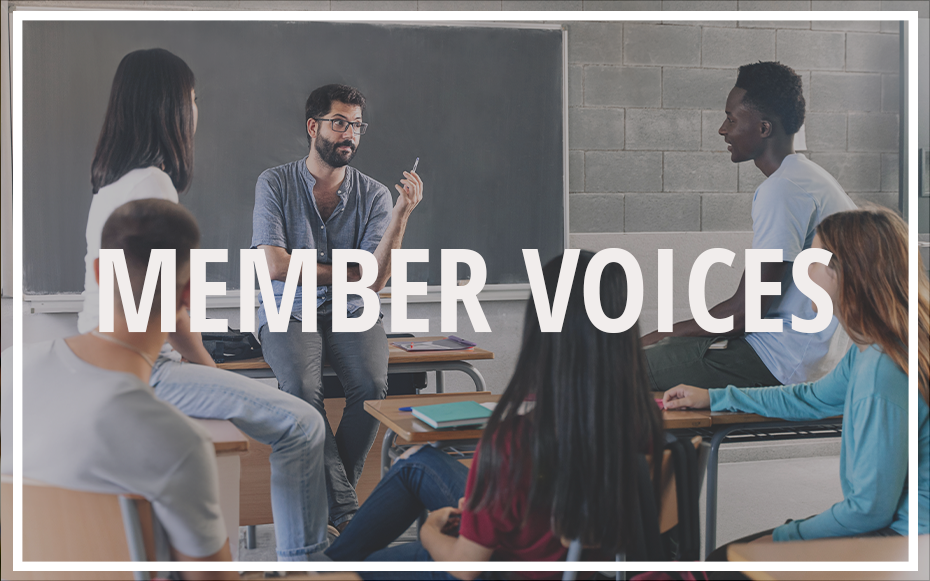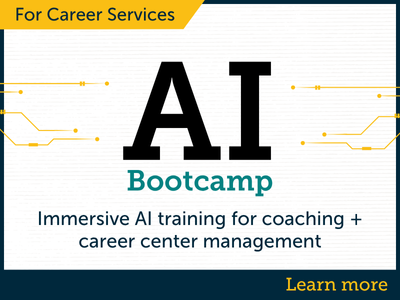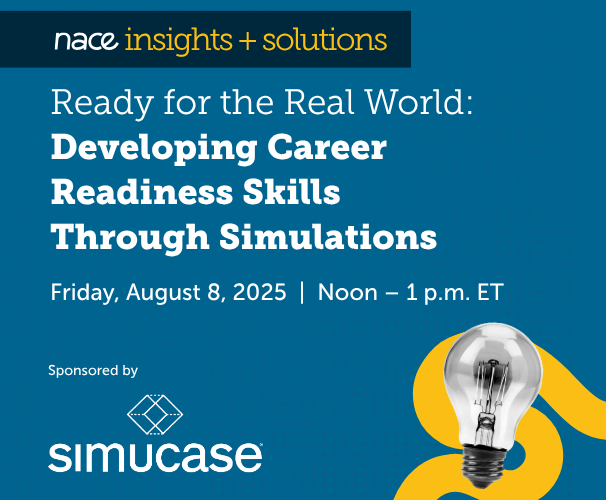In the prior millennium (aka the ’90s), I enrolled as a first-generation college student at a small liberal arts college in northeast Ohio. I lived on campus and my fellow students were generally traditionally aged between 18 and 22. My state’s dual enrollment program began my junior year of high school, but I did not participate in it. There were no online courses, no cell phones, internet, or even cable in our rooms. If you had a car on campus, you were very popular (I was not). While I knew there were support services like counseling and tutoring, I never used them outside of the orientation attended by all freshmen the week before the upperclassmen returned. I graduated in four years, as did most of my classmates. I was on the swim team, had a job at the campus library, and participated in study abroad. Overall, I had what most would call a traditional college experience.
Fast forward to today and I have been working at a community college for more than 20 years, the last five in career and transfer services. I meet with students nearly every day and provide career guidance, academic advising, and career/transfer planning. I also coordinate events and collaborate with other departments to help students achieve their educational and career goals.
The students I meet with have little in common with college me. Most are working, many full-time. They all commute to campus as we do not have on-campus housing. Most are juggling college, work, parenting, and other commitments. They may be food insecure, experiencing homelessness, or caring for an adult or child with disabilities. Even as I rely on the student development theories I learned in graduate school, I recognize they did not necessarily prepare me for the nuances of each student’s life situation, so before student meetings, I try to gather resources, anticipate questions, and reflect on my answers. With all this, I should be ready to address the needs of our students, right?
The answer is sort of.
Over the past year, I have been reflecting a lot on the uniqueness of every community college student I meet and how different their experiences are from my own. Maybe it’s because I have had the experience of being the parent of two community college students, each of whom traveled a very different path into and through college. My perspective has also been influenced by helping my son navigate the process of earning an associate’s degree while in high school and then transferring those credits to a liberal arts college. Perhaps I have gotten comfortable enough in my current role to be open to the fact that I do not have all the answers.
I am privileged each day to hear the incredible stories of resilience and determination of our students, whether it’s a single parent working full-time while pursuing a demanding health program, a student with a disability who wants to find a career with purpose, a displaced worker and veteran trying to reenter the workforce despite nearing retirement age, or a student in recovery who wants to pursue a career in social work in order to help others.
There are countless other examples of the unique paths traveled by community college students, and I have learned so much from their incredible journeys. First, they have taught me to listen more and talk less, which, as an extrovert, does not always come naturally to me, and when I say listen, I mean to understand, not just to prepare a response. By providing students with an open-ended invitation ("Tell me what brings you in today."), I allow them to share what they think is most important. Of course, I ask questions to clarify and share my thoughts in response to questions from the student, but I let the student set the tone and path for the conversation. I also normalize the asking of questions by saying “What questions do you have?” rather than “Do you have any questions?”
I have also learned not to make assumptions about student needs, motivations, or the purpose of the meeting. In the past, when I made assumptions, I found that I was often wrong. Now, I remind myself not to assign intent to a student’s actions, even if they are upset, as a heathy dose of empathy goes a long way in connecting with the student and their situation. Furthermore, making assumptions can lead to judgments, which can be negative and counter-productive, so in order to build rapport and trust with students, I need to set aside my biases and ego. When I do this, I am often rewarded with wonderful conversation and connection.
Finally, I learned to recognize and lean into my role as supporter, advocate, and encourager of students, because so many of the students I meet are first-generation (as I was) and may not have anyone in their lives who can guide them through a higher education journey. No matter a student’s situation, I point out that they have strengths, skills, and valuable experiences to tap into as they move ahead with plans to take one class, earn a certificate, or graduate with an associate’s degree. It feels like a superpower to be able to tell a student they are capable, and that I know they will succeed. When a student laments how late they are to be starting college at 30, I can tell them about a former colleague who earned her associate’s degree at 64!
In summary, many community college students have had to overcome challenges in order to achieve their goals, and the path they have taken is unlike that of any other student. Success for many community college students is not guaranteed, and what success even means is unique to each student. Still, the elusiveness of success is what makes it all the more precious and impressive for community college students, their families, and the campus community. By listening, setting assumptions aside, and being an advocate, I hope I can play a small part in helping each unique community college student achieve their personalized goals.







